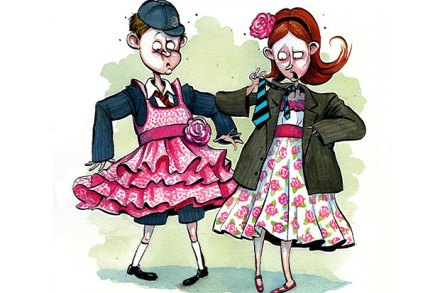February Wine Club | 4 February 2016
Well, that’s January done and dusted. Phew! An immense relief, I’m sure, for all those clinging to the wagon by their fingertips. But pity the poor souls about to give up booze for Lent; it starts this coming Wednesday (10 February) and goes on all the way till 24 March. Best get some decent wine in, then, and put a spring back in our step. And for those noble folk about to board the Lenten water wagon, why not give yourself something to look forward to in glorious, daffodil–dappled April? Mark Cronshaw of The Wine Company heeded my plea for something cheering and presented a fine selection for us this week,




















